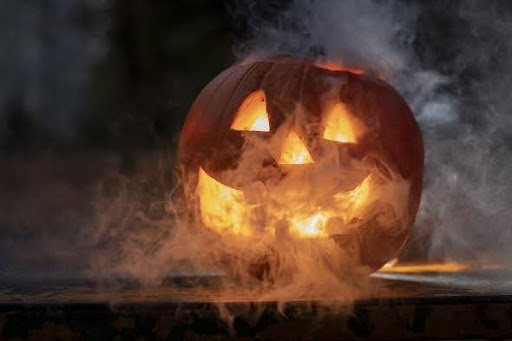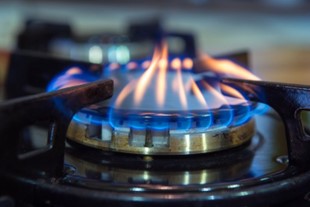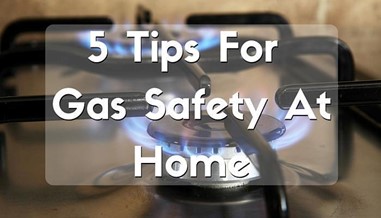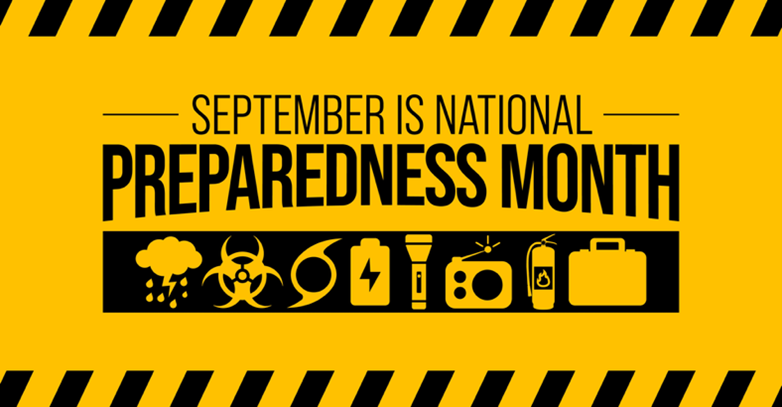General Safety Tips

- Detecting Gas Leaks: Learn how to recognize the smell of natural gas, which is often described as a sulfur or “rotten egg” odor. If you suspect a gas leak, leave the area immediately and contact your gas utility provider or emergency services.
- No Open Flames: Avoid using open flames (such as matches, lighters, or candles) near gas appliances or suspected gas leak areas.
- Proper Ventilation: Ensure proper ventilation for gas-powered appliances like stoves, ovens, and heaters. Blocked or inadequate ventilation can lead to a buildup of carbon monoxide and other hazardous gases.
- Keep Vents Clear: Check that all vents for gas appliances are free from obstructions, debris, or anything that might interfere with the proper flow of gas or ventilation.
- Install Carbon Monoxide Detectors: Carbon monoxide (CO) is a dangerous byproduct of incomplete combustion, which can occur with gas appliances. Install CO detectors in your home, especially near sleeping areas, to provide early warning.
- Properly Maintain Appliances: Regularly inspect and maintain gas-powered appliances. Follow manufacturer guidelines and have them serviced by qualified professionals to ensure they are working safely.
- Outdoor Safety: If you have an outdoor natural gas grill or other gas-powered equipment, make sure the connections are secure and the area is well-ventilated.
- Professional Inspections: If you are unsure about the safety of your gas appliances or suspect a problem, contact a qualified technician to conduct a thorough inspection.
It is essential to prioritize safety when dealing with natural gas. If you have specific concerns or questions about natural gas safety, it is best to consult with your local gas utility provider or a qualified professional.







